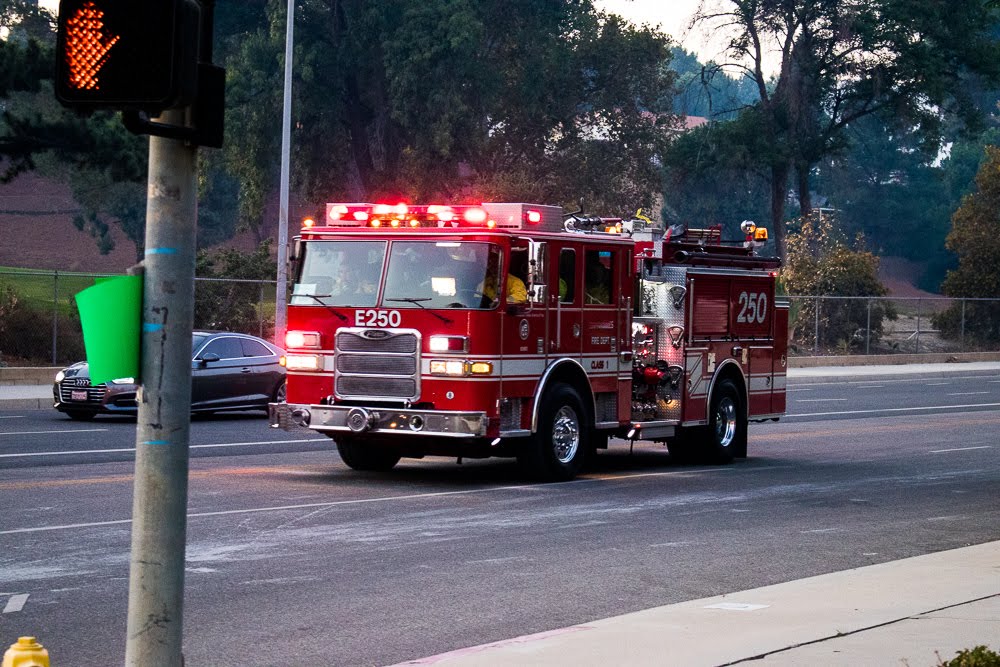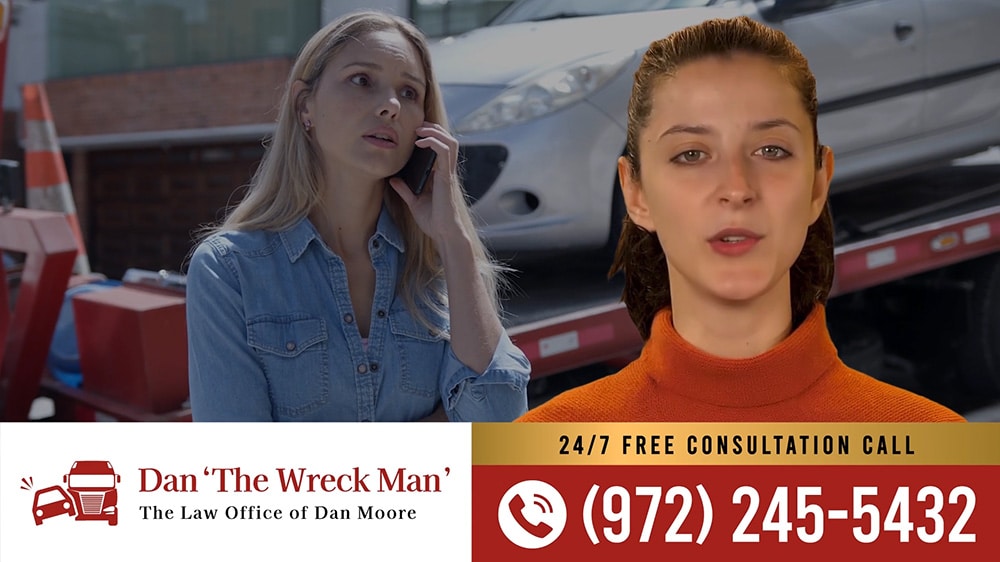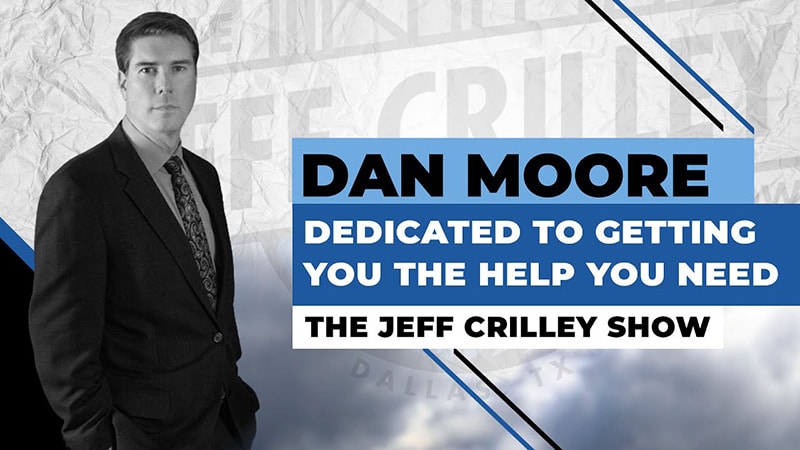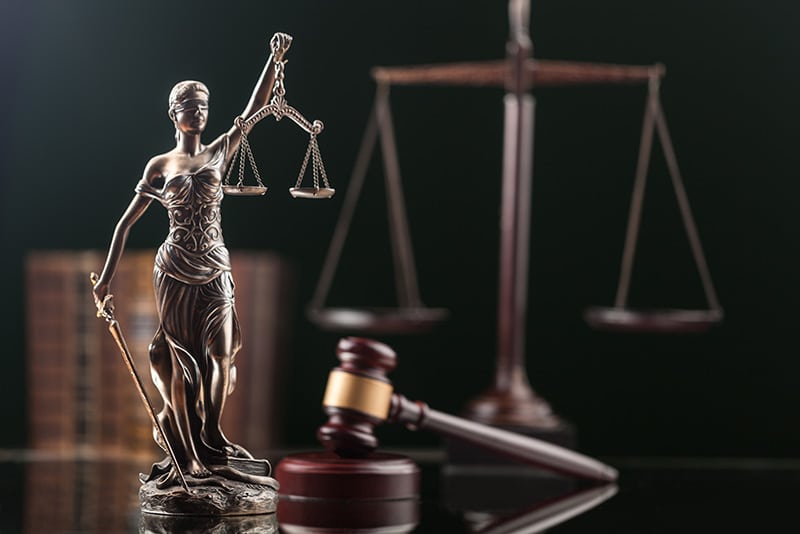Mediation can be a valuable tool in a personal injury case. We will discuss the benefits, the factors to success, and the situations to utilize mediation.
Understanding Mediation
Mediation is a cooperative and facilitated process where a neutral third party, known as the mediator, assists disputing parties in reaching a mutually agreeable resolution. Unlike litigation or arbitration, mediation encourages open communication, constructive dialogue, and the exploration of creative solutions that consider the interests and needs of all parties involved.
Mediation’s effectiveness depends on the specific circumstances of the case and the willingness of the parties involved to participate in good faith.
Core Principles of Mediation
- Voluntary Participation: Mediation is a voluntary process, ensuring that all parties enter into it willingly and without any external pressure. Parties can choose to participate, withdraw, or terminate the mediation at any stage.
- Impartiality and Neutrality: The mediator remains neutral and impartial, facilitating a balanced environment where each party feels heard, respected, and able to present their perspectives without prejudice.
- Confidentiality: Confidentiality is a crucial aspect of mediation, allowing parties to openly discuss their concerns and explore potential solutions without fear of their statements being used against them in later proceedings.
- Self-Determination: Mediation empowers parties to actively participate in shaping the outcome of their dispute. The mediator facilitates discussions, but ultimate decision-making power rests with the parties themselves.
The Mediation Process
While the specifics may vary, the mediation process generally follows these key steps:
- Introduction and Agreement: The mediator introduces themselves, outlines the mediation process, and obtains consent from all parties to participate. They explain the confidentiality rules and any limitations, ensuring parties understand the role of the mediator.
- Opening Statements: Each party is given the opportunity to make an opening statement, expressing their concerns, perspectives, and desired outcomes. This allows parties to understand each other’s viewpoints and lays the foundation for constructive dialogue.
- Information Gathering and Exploration: The mediator facilitates open communication, asking questions to better understand the underlying issues and interests of each party. This phase involves active listening, reframing, and clarifying to ensure a comprehensive understanding of the dispute.
- Generating Options and Negotiation: Parties engage in brainstorming sessions to explore potential solutions that address their shared interests. The mediator helps parties evaluate and prioritize these options, assisting in finding common ground and facilitating the negotiation process.
- Reaching Agreement: If parties are able to find a mutually agreeable solution, the mediator assists in formalizing the agreement, outlining its terms and ensuring each party comprehends their commitments and responsibilities.

Benefits of Mediation
Here are some potential benefits of using mediation in a personal injury case:
- Cost-Effective: Mediation is often less expensive than going to trial, as it avoids the costs associated with litigation, such as attorney fees, court fees, and expert witness fees.
- Faster Resolution: Mediation can lead to a quicker resolution of the case compared to the often lengthy court process. This can be especially beneficial for individuals seeking timely compensation for their injuries and damages.
- Control Over the Outcome: In mediation, both parties have more control over the outcome of the case. They can negotiate and agree upon a settlement that meets their needs and preferences, rather than having a judge or jury make a decision for them.
- Privacy: Mediation is a private process, whereas court proceedings are typically public. This can be advantageous for individuals who prefer to keep their personal and financial matters confidential.
- Preservation of Relationships: Mediation can be less adversarial than litigation, which can help preserve relationships, especially if the parties have ongoing interactions (e.g., in cases involving workplace injuries or accidents within a community).
Factors That Prevent A Successful Mediation
However, it’s essential to recognize that mediation is not always successful, and it may not be suitable for every personal injury case. Some factors that can affect the success of mediation include:
- The willingness of both parties to engage in good faith negotiations.
- The complexity of the case and the extent of disputes between the parties.
- The strength of the evidence supporting each party’s position.
- The availability of insurance coverage or assets to cover the compensation sought.
- The involvement of emotional or highly contested issues.
In some cases, mediation may lead to a settlement agreement that benefits both parties, while in others, it may not result in a resolution, and litigation may be necessary.
Contact The Wreck Man For Your Personal Injury Case
If you are involved in a personal injury case, it’s advisable to consult with an experienced attorney who can assess your specific situation and provide guidance on whether mediation is a viable option and how to approach it effectively if it is chosen as a method of dispute resolution.
Contact The Wreck Man at 888-2-WRECKMAN to ensure your rights are protected and you receive maximum compensation for your injuries. The WRECKMAN often recommends mediation to clients to expedite case closure and minimize case expense to ensure clients receive the maximum amount of compensation for their injuries, medical expenses, lost wages, property damages and pain and suffering. The Wreck Man wrecks insurance companies and their effort to settle your case for far less than you may be due in compensation.

Best Situations for Utilizing Mediation
Under what circumstances is it best to utilize mediation in a personal injury case in Texas?
Mediation can be a useful method for resolving personal injury cases in Texas under various circumstances. Mediation is a form of alternative dispute resolution (ADR) that can help parties reach a settlement without going to trial. Here are some situations in which it may be beneficial to utilize mediation in a personal injury case in Texas:
- Early in the Process: Mediation can be initiated early in the personal injury case, even before a lawsuit is filed. Starting mediation early can save time and money by resolving the dispute before it progresses further through the legal system.
- When Liability Is Clear: Mediation is often more effective when liability (responsibility for the accident) is reasonably clear. If both parties agree on the basic facts of the case and only dispute issues like the extent of damages or compensation, mediation can be a good option.
- To Avoid the Uncertainty of Trial: Trials can be lengthy and expensive, and their outcomes are uncertain. Mediation offers both parties more control over the outcome and can help them avoid the risks associated with a trial.
- When Both Parties Are Willing: Mediation is voluntary, so both parties must be willing to participate and make a good-faith effort to reach a settlement. If one party is not interested in mediation or is not willing to negotiate in good faith, it may not be a productive option.
- Complex Cases: Some personal injury cases involve complex legal and factual issues. Mediation can be beneficial in such cases because it allows for a more in-depth discussion and exploration of potential solutions.
- Confidentiality and Privacy: Mediation proceedings are typically confidential, which means that what is discussed during mediation cannot be used against either party in court. This can make mediation an attractive option for those who value privacy.
- Cost-Effective: Mediation can be more cost-effective than going to trial, as it often requires less time and fewer legal fees.
It’s important to note that mediation may not be suitable for every personal injury case. Some cases involve parties who are unwilling to negotiate, disputes over liability, or other factors that may make mediation less effective. In such situations, proceeding with a lawsuit and going to trial might be the best course of action.
Contact The Wreck Man Today for Mediation Consultation
If you are considering mediation for your personal injury case in Texas, it’s advisable to consult with an experienced attorney who can help you assess the specific circumstances of your case and guide you on whether mediation is a viable option.
Contact The Wreck Man at 888-2-WRECKMAN to ensure your rights are protected and you receive maximum compensation for your injuries.
When Is Mediation Not a Good Tool in a Personal Injury Case in Texas?
Mediation can be a valuable tool in resolving personal injury cases, as it provides an opportunity for the parties involved to reach a mutually acceptable settlement without going to trial. However, there are situations where mediation may not be the best approach or may not yield favorable results. Here are some instances when mediation may not be a good tool in a personal injury case:
- Liability Dispute: If there is a significant dispute over liability, meaning it’s unclear who is at fault for the accident or injury, mediation may not be productive. Mediation works best when both parties have a relatively clear understanding of liability and are primarily negotiating the amount of compensation.
- Severe Injuries or High Damages: In cases involving severe injuries or significant damages, the injured party may have a strong incentive to pursue a larger settlement or judgment at trial. In such cases, mediation may not be effective if the parties are too far apart in their expectations regarding compensation.
- Inadequate Insurance Coverage: If the at-fault party has limited insurance coverage that is insufficient to cover the injured party’s damages, mediation may not lead to a satisfactory resolution, as there may be insufficient funds available to meet the injured party’s needs.
- Uncooperative Parties: Mediation relies on both parties’ willingness to negotiate in good faith and cooperate in the process. If one party is unwilling to engage in meaningful discussions or is uncooperative, mediation may not be successful.
- Complex Legal Issues: Personal injury cases involving complex legal issues or multiple defendants may be more suitable for resolution through litigation, where a judge or jury can make legal determinations and allocate fault among multiple parties.
- Need for Precedent: In some cases, the outcome of a personal injury case may have broader legal implications or set important precedents. In such situations, the injured party may prefer to pursue the case in court to establish legal principles that can benefit others in similar circumstances.
- Emotional Factors: Personal injury cases can be emotionally charged, especially if there is animosity or strong emotions between the parties involved. Emotions can sometimes hinder productive mediation, making it more challenging to reach a settlement.
- Time Sensitivity: If the injured party needs compensation quickly for medical bills and other expenses, mediation may not be the fastest option, as it can take time to schedule and complete the process. In such cases, pursuing a settlement through negotiation or a demand letter may be more time-efficient.
Ultimately, whether mediation is a good tool in a personal injury case depends on the specific circumstances of the case and the parties involved. It’s essential to consult with an attorney experienced in personal injury law to assess the suitability of mediation and determine the best course of action for your particular case.
Free Consultation with The Wreck Man on Personal Injury Lawsuit
Contact The Wreck Man at 888-2-WRECKMAN to ensure your rights are protected and you receive maximum compensation for your injuries.
The Wreck Man, a Carrollton TX personal injury lawyer, can ensure the right evidence is introduced in your case and exclude the wrong evidence, especially unfounded hearsay evidence. The Wreck Man expedites settlement and case closure and minimizes case expenses to ensure clients receive the maximum amount of compensation for their injuries, medical expenses, lost wages, property damages, and pain and suffering.
Famously known as “The Wreck Man” personal injury attorney, Dan Moore, has been “wrecking” insurance companies on behalf of car & truck accident victims, for over 12 years, championing “the injured” against major corporations and big insurance companies who regularly deny their claims and legal rights.
The Wreck Man wrecks insurance companies and their effort to settle your case for far less than you may be due in compensation. Today, Dan Moore has his own office building in downtown Carrollton, TX and handles big accident cases for a variety of clients all over Texas. The experienced and competent accident attorneys at Dan Moore Law share Dan’s mission of helping injured Texans and Oklahoman’s get the money they deserve from those who were at fault and their insurance carriers.












